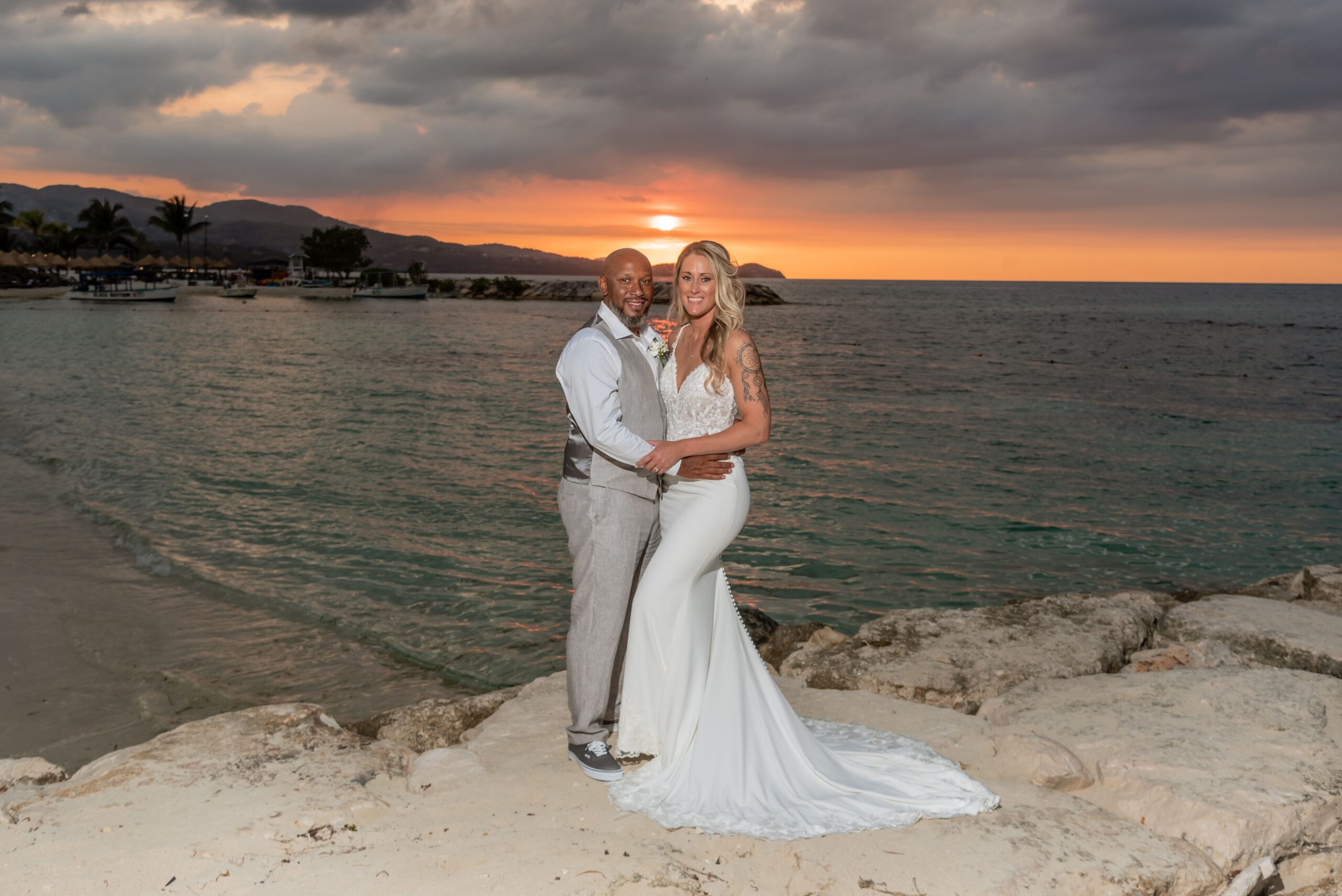
July 24, 2024
When Kathy and Kayvon first reached out to us, they had already done some research and had a few top contenders for the location. But they felt they needed some expert help with the finer details. Their dream wedding was clear — they wanted a celebration that felt like a mini vacation, just like the […]

As Emily and David plan their dream wedding away from home, they felt overwhelmed by the many details to consider. They didn’t like the thought of planning all the little details and trying to communicate everything. But one thing’s for sure for them: they wanted an intimate wedding in a beautiful place with their loved […]
April 19, 2024

April 6, 2024
Kristina and Jacob were part of a growing trend I see …they were guests at a *another* wedding we helped plan, then decided to turn their own destination wedding dream into reality – talk about a beautiful twist! They literally went from cheering at someone else’s wedding to planning their own celebration!

Photo Credit: Estely Mijares When we first talked during our phone call back in November 2022, Mitchell and Katie were at that exciting crossroad – unsure if a destination wedding was the perfect fit for them. They wanted a wedding that doesn’t break the bank. I mean, who wouldn’t want a magical celebration without the […]
March 27, 2024

Destination Weddings, Destinations, Family Travel, Food & Drink, Group Travel, Honeymoons, Tips & Tricks
May 4, 2023
Whether you’re planning a destination wedding or simply looking for an incredible getaway, I’ve put together a list of the top five excursions and day trips that will make your stay in Puerto Vallarta even more memorable!

Rena and Torrey both loved the beach for as long as they could remember, so they knew that their dream destination wedding had to be in Jamaica. Read on to learn more about Rena and Torrey’s unforgettable destination wedding experience at Secrets Wild Orchid Montego Bay in Jamaica!
All Inclusive Resorts, Destination Weddings, Destinations, Family Travel, Group Travel, Real Weddings
April 27, 2023
Copyright © 2015-2022 Alpaca Your Bags Travel · Terms & Conditions · Inclusion Statement • BRAND AND WEB DESIGN BY carrylove designs • INFO@alpacayourbags.com